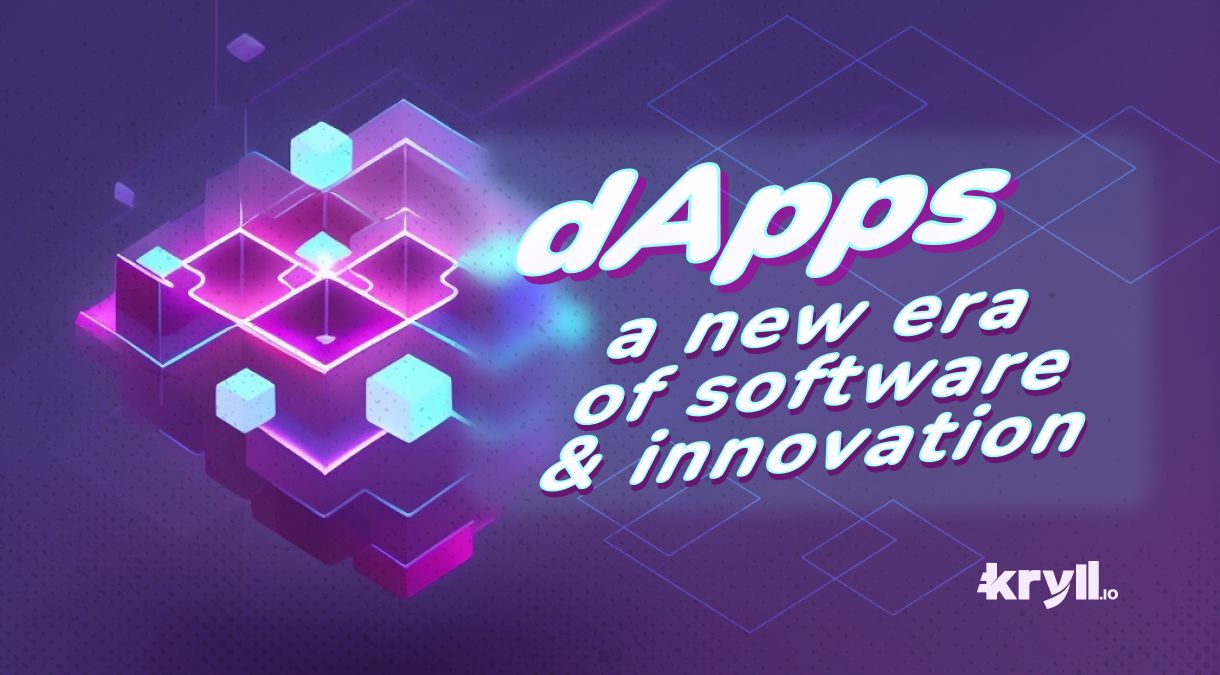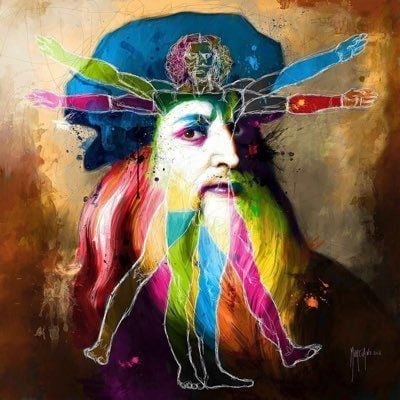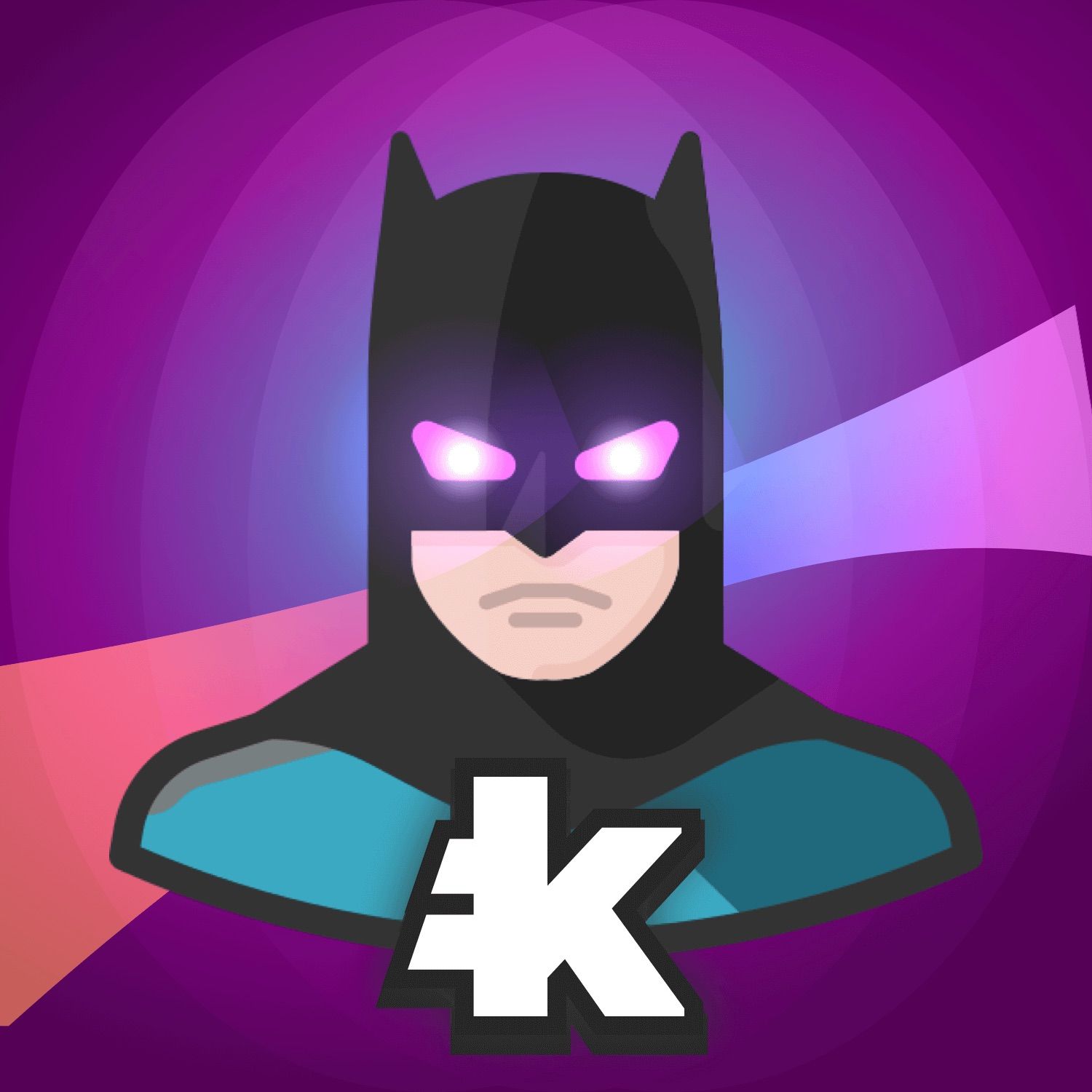
The Rise of Decentralized Applications (dApps)
Decentralized Applications, or dApps, are reshaping the landscape of software development with their unique approach to operation and governance. Unlike traditional apps that rely on centralized servers, dApps run on a decentralized network, primarily blockchain, ensuring that no single entity has control over the entire network. This architecture not only enhances security and transparency but also introduces a new level of efficiency in digital transactions.
Blockchain: The Backbone of dApps
At the core of dApps is blockchain technology, which provides a secure and transparent platform for these applications to operate. This technology is not just about cryptocurrencies; it's about creating a decentralized environment where applications can function without the oversight of a central authority. The implications of this are vast, touching various sectors including finance, supply chain management, and social media.
Smart Contracts: The Engine of dApps
One of the most significant aspects of dApps is their reliance on smart contracts. These are self-executing contracts with the terms of the agreement directly written into code. They facilitate, verify, or enforce the negotiation or performance of a contract, making transactions transparent and irreversible.
Platforms for dApp Development
Ethereum is often the go-to platform for developing dApps due to its robust smart contract capabilities. However, other platforms like Solana and Cardano are also popular, each offering unique features and benefits. For instance, Tron regards itself for its efficiency in gaming applications and digital entertainment.
dApps in Action: Use Cases Across Industries
The use cases for dApps are as diverse as the technology itself. From CryptoKitties, which introduced blockchain to the world of digital collectibles, to decentralized exchanges like Uniswap and PancakeSwap that are revolutionizing the way we trade cryptocurrencies by eliminating intermediaries. In the gaming sector, platforms like Splinterlands and Axie Infinity are pioneering new forms of digital interaction and ownership.
Challenges and the Road Ahead
Despite their numerous advantages, dApps are not without challenges. Scalability remains a significant issue, as the number of transactions the network can handle is limited. This can lead to congestion, especially during periods of high demand. Moreover, the decentralized nature of these applications can sometimes be a double-edged sword, as too much centralization can negate many of the benefits blockchain offers.
Conclusion: The Future of dApps
In conclusion, dApps represent a significant shift in the digital world, offering a glimpse into a future where decentralized platforms can provide more secure, transparent, and efficient services. As the technology matures and overcomes its current limitations, we can expect dApps to become an integral part of our digital lives, transforming industries and redefining our understanding of digital ownership and governance.
For those intrigued by the potential of dApps and the broader implications of blockchain technology, diving deeper into this subject can provide valuable insights into the future of digital innovation. Whether you're a developer, investor, or simply a tech enthusiast, the world of dApps offers a fascinating glimpse into a future where decentralization is the norm, not the exception.

Happy Trading,
Website: https://kryll.io
Twitter: @Kryll_io
Telegram EN: https://t.me/kryll_io
Telegram FR: https://t.me/kryll_fr
Telegram ES: https://t.me/kryll_es
Discord: https://discord.gg/PDcHd8K
Reddit: https://reddit.com/r/Kryll_io
Facebook: https://www.facebook.com/kryll.io
Support: support@kryll.io



